Hiddush News, July-September 2015
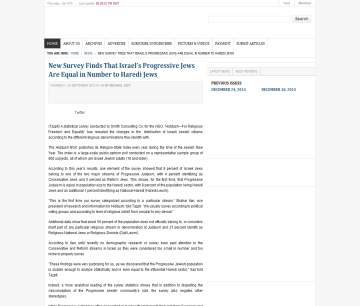
A statistical survey conducted by Smith Consulting Co. for Hiddush has revealed the changes in the distribution of Israeli Jewish citizens according to the different religious denominations they identify with.
Click to open the link »
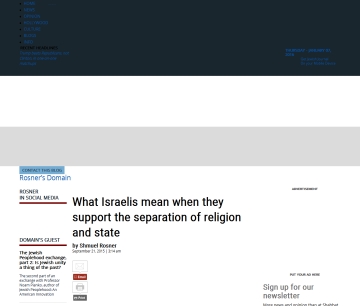
Hiddush, an Israeli nongovernmental organization that advances “religious freedom and equality,” just published its 2015 Religion & State Index. It is an interesting survey, and the organization deserves credit for it.
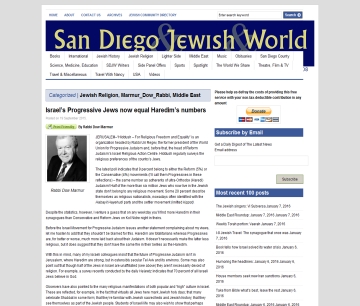
The latest Hiddush poll indicates that 9 percent belong to either the Reform (5%) or the Conservative (4%) movements – the same number as adherents of ultra-Orthodox (Haredi) Judaism!
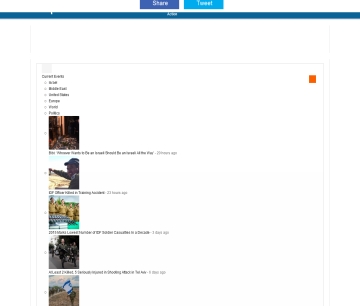
A statistical survey conducted by Smith Consulting Co. for Hiddush has revealed the changes in the distribution of Israeli Jewish citizens according to the different religious denominations they identify with.
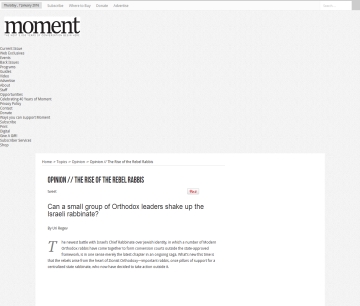
The newest battle with Israel’s Chief Rabbinate over Jewish identity, in which a number of Modern Orthodox rabbis have come together to form conversion courts outside the state-approved framework, is in one sense merely the latest chapter in an ongoing saga.
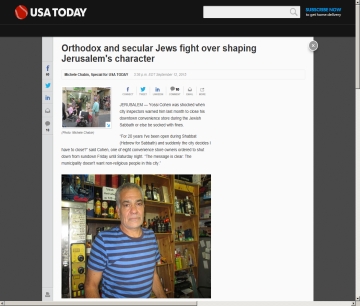
“What we're seeing in Jerusalem is part of a national battle over the public domain and who owns it,” said Uri Regev, president of Hiddush, which promotes freedom of religion in Israel. “How does Israel balance between a Jewish state, a democratic state and a state for all its citizens?”
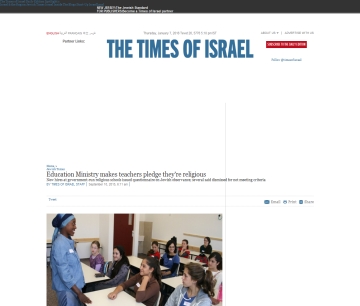
New hires at government-run religious schools issued questionnaire on Jewish observance; several said dismissed for not meeting criteria
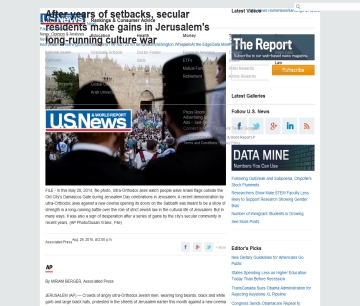
Contrary to the popular perception, the traditional power of the ultra-Orthodox is waning in areas where they are not a demographic majority due to changing geographic and economic pressures.
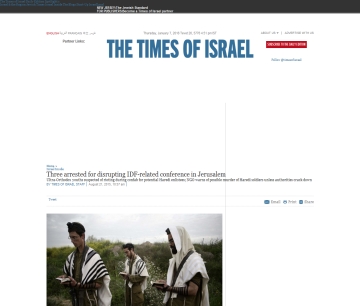
Ultra-Orthodox youths suspected of rioting during confab for potential Haredi enlistees; NGO warns of possible murder of Haredi soldiers unless authorities crack down
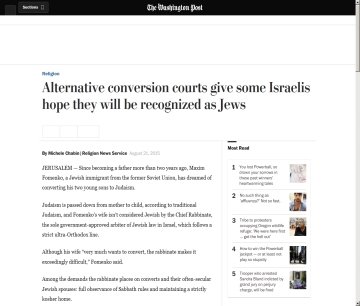
The new courts reflect growing realization that the rabbinate is no longer meeting the needs of the public.
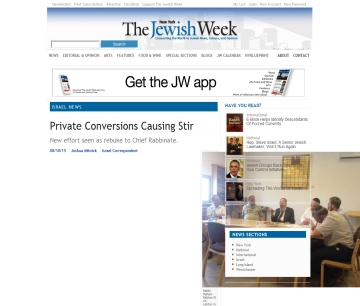
New effort seen as rebuke to Chief Rabbinate.
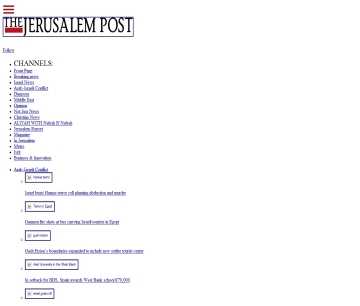
The leader of the Tzohar rabbinical organization, Rabbi David Stav, and his colleagues threw a shock grenade into the volatile religion/state arena this week.
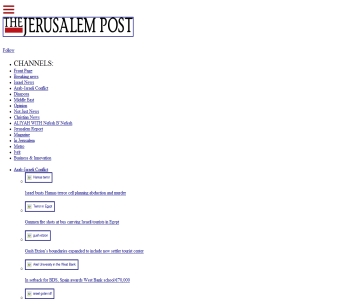
The government is planning to restore income support payments for married, full-time yeshiva students as part of the budget that was approved by the government for passage to the Knesset last week.
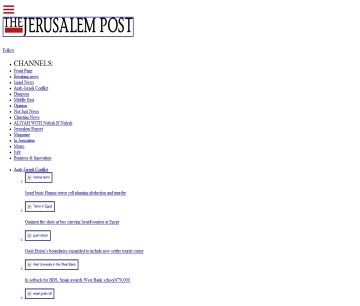
Herzog calls for “actions not words” in response to the rabbi’s comments about burning churches in Israel.
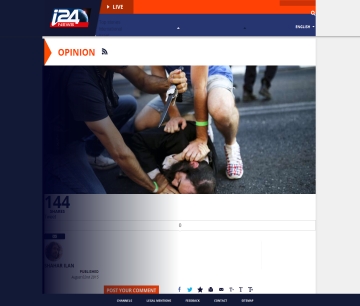
The question is whether his violence, or the silence that preceded the march, are the true reflections of the views held by religious and ultra-Orthodox Israelis. The answer is complex.
Send to a friend
(Up to 20 emails seperated by ;)